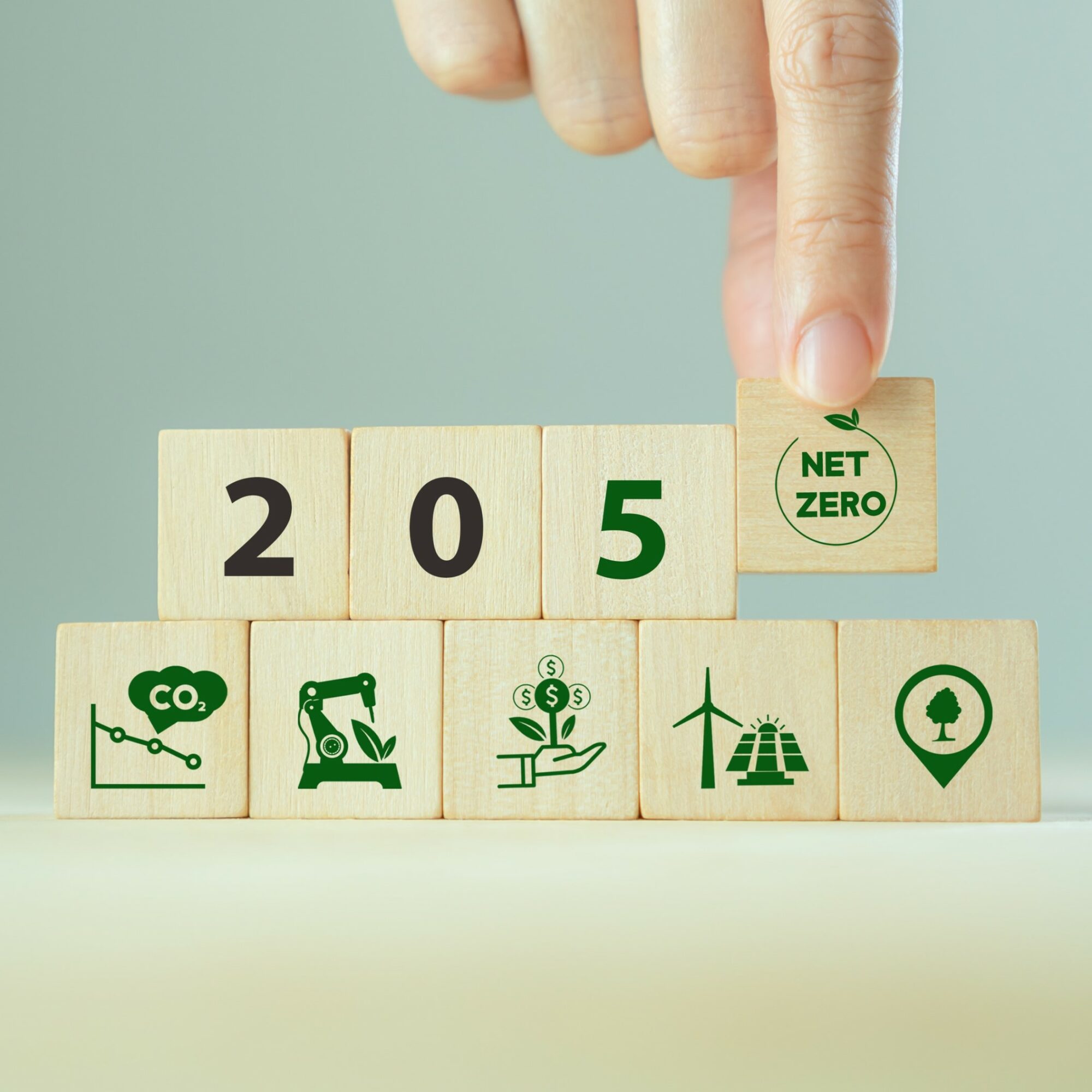Energy - Environment - Mobility
Renewable gases: major players in decarbonization
What strategic role for renewable gases from wet biomass achieve to achieve the objectives of carbon neutrality?

While the issue of climate change and decarbonized energy production is a hot topic for all European governments, the health crisis, recent geopolitical instabilities and soaring energy prices are also putting the question of our energy sovereignty back on the front burner. Can these two fundamental issues for our future go hand in hand? What if decarbonizing our energy production was a lever for achieving greater energy independence for France?
To ensure France’s energy independence, it would be necessary to multiply by 7 the French photovoltaic park in order to produce about 70 GW, and by 2.5 the current onshore wind park to reach 50 GW and produce 22 GW of offshore wind.
Even if it is less dependent than its European neighbors, France is still highly energy dependent, since 65% of the energy it consumes comes from fossil sources, more than 99% of which are imported.
In order to overcome this energy dependence, but also to double the share of electricity consumed and achieve carbon neutrality, RTE (the French transmission system operator) has considered different energy production scenarios in its report “Energy Futures 2050” published in 2021. All of them rely heavily on renewable energies since, according to the grid operator, in 2050 nuclear power will not be able to supply more than 50% of the national electricity demand. To ensure France’s energy independence, it will therefore be necessary to considerably develop the production of renewable energies, because even in the scenario with the highest nuclear production (50 GW in 2050), it would be necessary to multiply by 7 the French photovoltaic park in order to produce about 70 GW, and by 2.5 the current onshore wind park to reach 50 GW and produce 22 GW of offshore wind.
Learn more about our experience in low carbon strategy >
Indeed, if France seems well on its way to ensuring a large part of its production of offshore wind turbines, since it will have by the end of 2022 four leading factories among the dozen present in Europe, its onshore wind turbines are now produced outside the hexagon.
Similarly, about 80% of the photovoltaic modules marketed in France are imported. Although there are French companies capable of producing photovoltaic cells, competition from Asia, and particularly China, is raging and is pushing French and European manufacturers to buy ingots or low-carbon Norwegian wafers to sell to their cell suppliers in Asia, before assembling and installing them in France.
To operate its 56 nuclear reactors, EDF needs 8,000 to 10,000 tons of natural uranium each year, and 98% of this fuel is imported from outside Europe.
For the wind power market, rare earths (mainly neodymium) are used in systems based on permanent magnet generator technology, the majority of which is produced in China. This technology, which is currently used in less than 10% of the French onshore wind farm, seems to be the preferred technology for offshore wind farms for reasons of weight and compactness of the generators, as well as efficiency and ease of maintenance.
As more and more technologies incorporate electronic chips, the production of these components has become a major issue of sovereignty for the French and European industry, which currently imports 80% of its semiconductors from Asia. The ban on the sale of non-zero emission vehicles in 2035, recently voted by MEPs, also raises questions about securing supplies for the development of electric mobility, which requires rare earths and strategic metals.
More broadly, questions of sovereignty and energy independence for France also arise in terms of the growing need for less rare metals, such as copper, a material that is essential to our electrical infrastructure, whose market is now largely dominated by China and where 13 countries account for 75% of identified reserves. The very high volatility of its price observed at the beginning of 2022 is giving cold sweats to players in the sector: a sharp rise when the war broke out in Ukraine and the COVID pandemic seemed to have been brought under control, suggesting a strong recovery and therefore tensions in terms of supply, then a fall in the second quarter when China, also the leading consumer, saw its demand erode.
Three levers seem to be favored today:
At a time when global energy production is being severely tested by unprecedented geopolitical and health crises, as well as by high inflation that calls into question the profitability of certain renewable projects, real efforts must be made to get France out of its energy dependency. Securing supplies of raw materials and developing production capacities and innovative, efficient and clean internal channels can only be beneficial to the climate and to French and European sovereignty.
About the author,
Sébastien, Consultant in Alcimed’s Energy, Environment and Mobility team in France